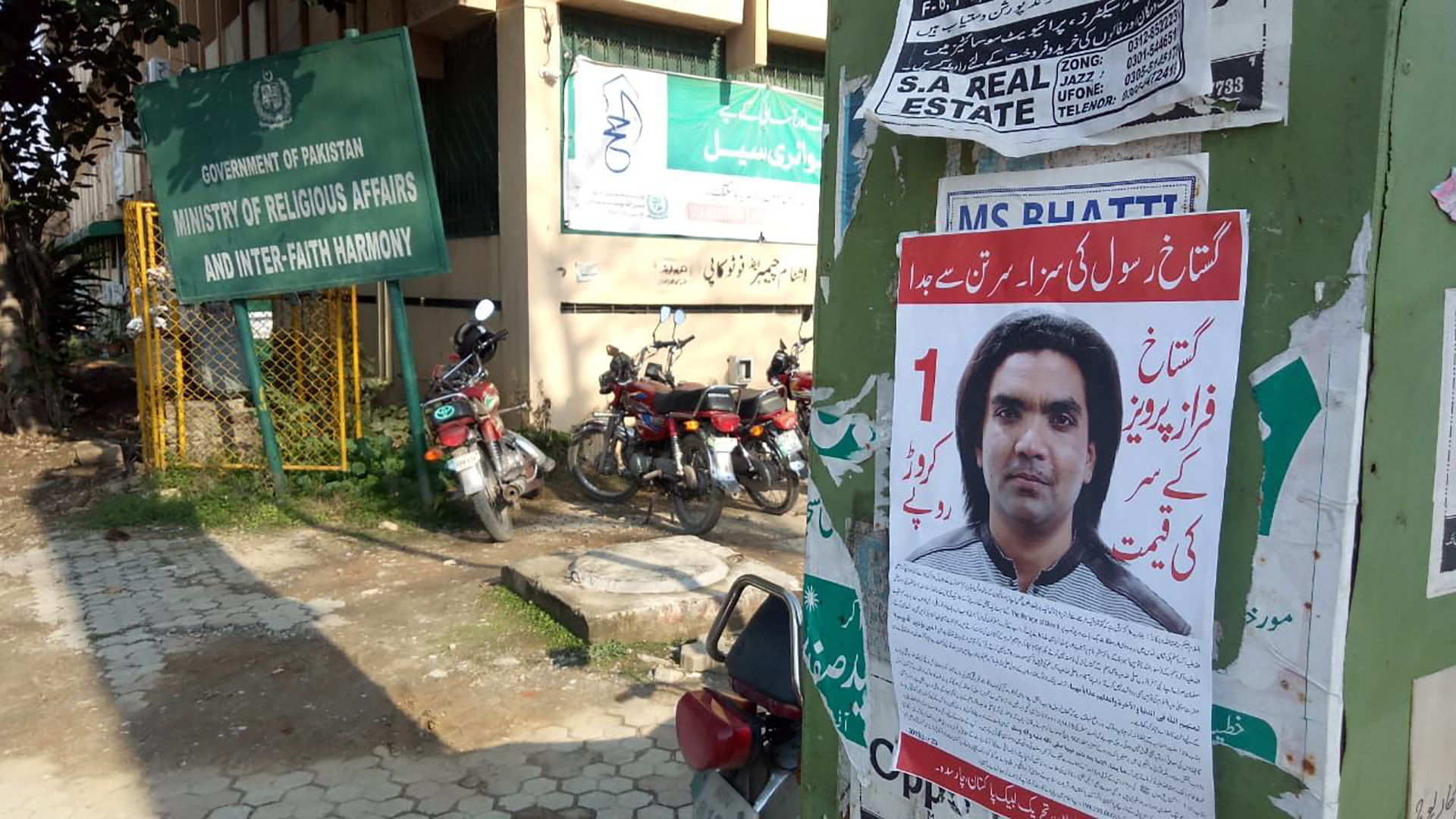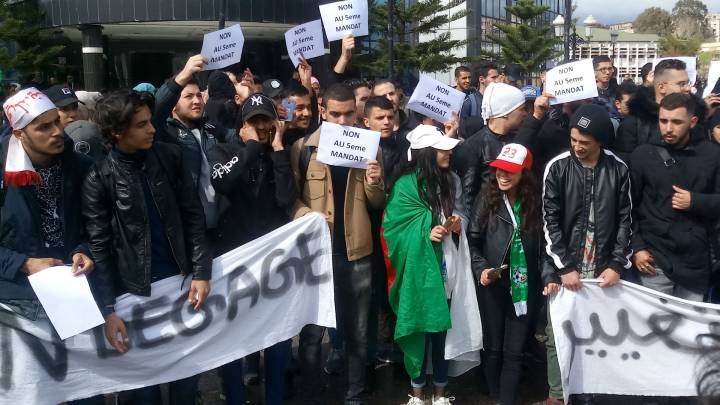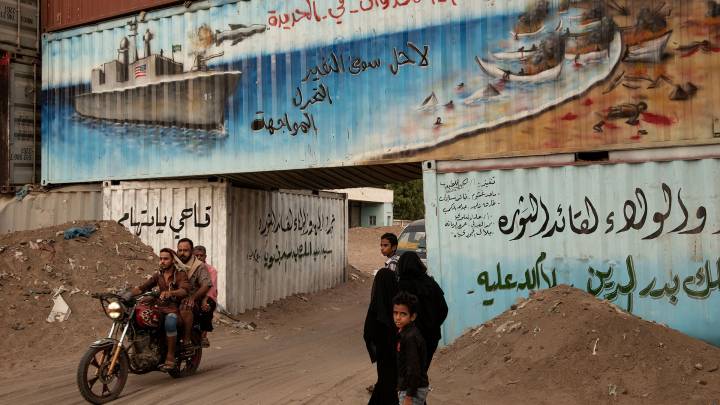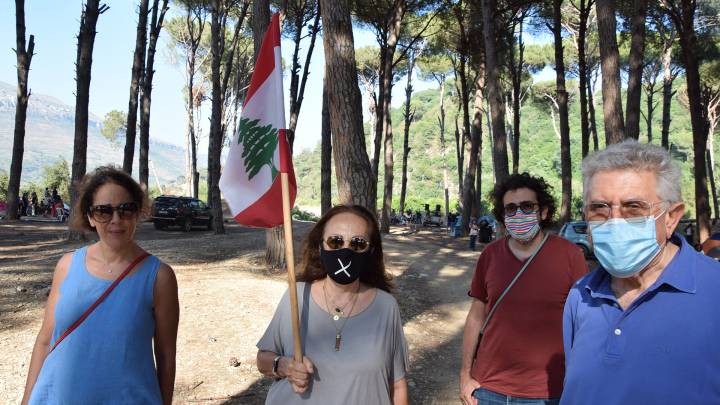Recent attacks on churches and homes of Pakistan's Christian minority in Faisalabad underscore the nation's deep-seated sectarian divisions. Authorities often appear passive, raising concerns about the state's commitment to safeguarding religious minorities, especially in the face of mob violence.
Blasphemy carries the death penalty in Pakistan, yet no executions have occurred, making it a contentious and polarizing issue. Extremist groups frequently make allegations and violently target those accused of blasphemy.
According to the Centre for Research and Security Studies in Islamabad, at least 89 Pakistanis, including 18 women, have died in 1,415 blasphemy-related accusations or cases since 1947. Over the past decade, there has been a notable surge in blasphemy allegations. Civil society organizations, international human rights bodies, and Pakistan's judiciary have expressed grave concerns about the misuse of blasphemy laws.
Even the Islamabad High Court has recommended parliamentary amendments to penalize those who make false blasphemy allegations
Even the Islamabad High Court has recommended parliamentary amendments to penalize those who make false blasphemy allegations. However, this growing criticism has yet to prompt meaningful action from Pakistan's leaders. In fact, the Senate passed a bill in August, further tightening blasphemy laws by increasing punishment for derogatory remarks about the Prophet and his companions.
This approach, catering to extremist elements and allowing the misuse of laws, empowers those who perpetrate violence in the name of blasphemy. Such laws, rooted in colonial times, have no place in a modern state. Yet, in Pakistan, where religion has been exploited by various stakeholders, the commitment to address the underlying issue remains lacking. Urgent measures must be taken to curb violence associated with blasphemy allegations, as these incidents only deepen the sectarian divisions within Pakistan's state and society.
Furthermore, understanding the historical context of blasphemy laws reveals their complex evolution. They first emerged in the 13th century when King Louis IX of France introduced the earliest formal blasphemy laws, prescribing punishments such as tongue and lip mutilation. These laws targeted Jews, Muslims, and Christian opponents, deriving their legal basis from the Old Testament's Leviticus 24:16.
The imposition of the death penalty for blasphemy in Iran and Pakistan in the late 20th century was influenced by Shia clerics in Iran and the policies of General Zia ul-Haqq in Pakistan
In contrast, the concept of blasphemy laws did not exist in the Muslim world at the time. However, a 2017 report drew attention to Iran and Pakistan, highlighting their extreme blasphemy laws that deviate from human rights principles. In South Asia, British colonialists introduced blasphemy laws in India in 1860, later expanding them in 1927. Pakistan adopted these laws in 1947 and increased penalties during General Zia ul-Haqq's regime in 1980.
The imposition of the death penalty for blasphemy in Iran and Pakistan in the late 20th century was influenced by Shia clerics in Iran and the policies of General Zia ul-Haqq in Pakistan. During the 1980s, Pakistan passed a vague blasphemy law, sparking controversy. Recent cases reveal the inconsistent application of these laws, with a significant increase in charges since the death penalty was introduced in 1986.
While it is positive that prominent figures in Pakistan have publicly denounced the recent mob assault on churches, mere words may not be sufficient to address the deep-rooted issues at hand. Pakistan's blasphemy law has a far-reaching impact, affecting both Muslims and non-Muslims, with minority communities bearing the brunt of its severity. The urgent call for reform or outright repeal of this law cannot be overstated. However, with elections looming on the horizon, the prospect of meaningful change appears uncertain. Extremist elements are poised to advocate for even more stringent penalties, and politicians may prioritize securing votes in a closely contested race over initiating substantive reforms.




